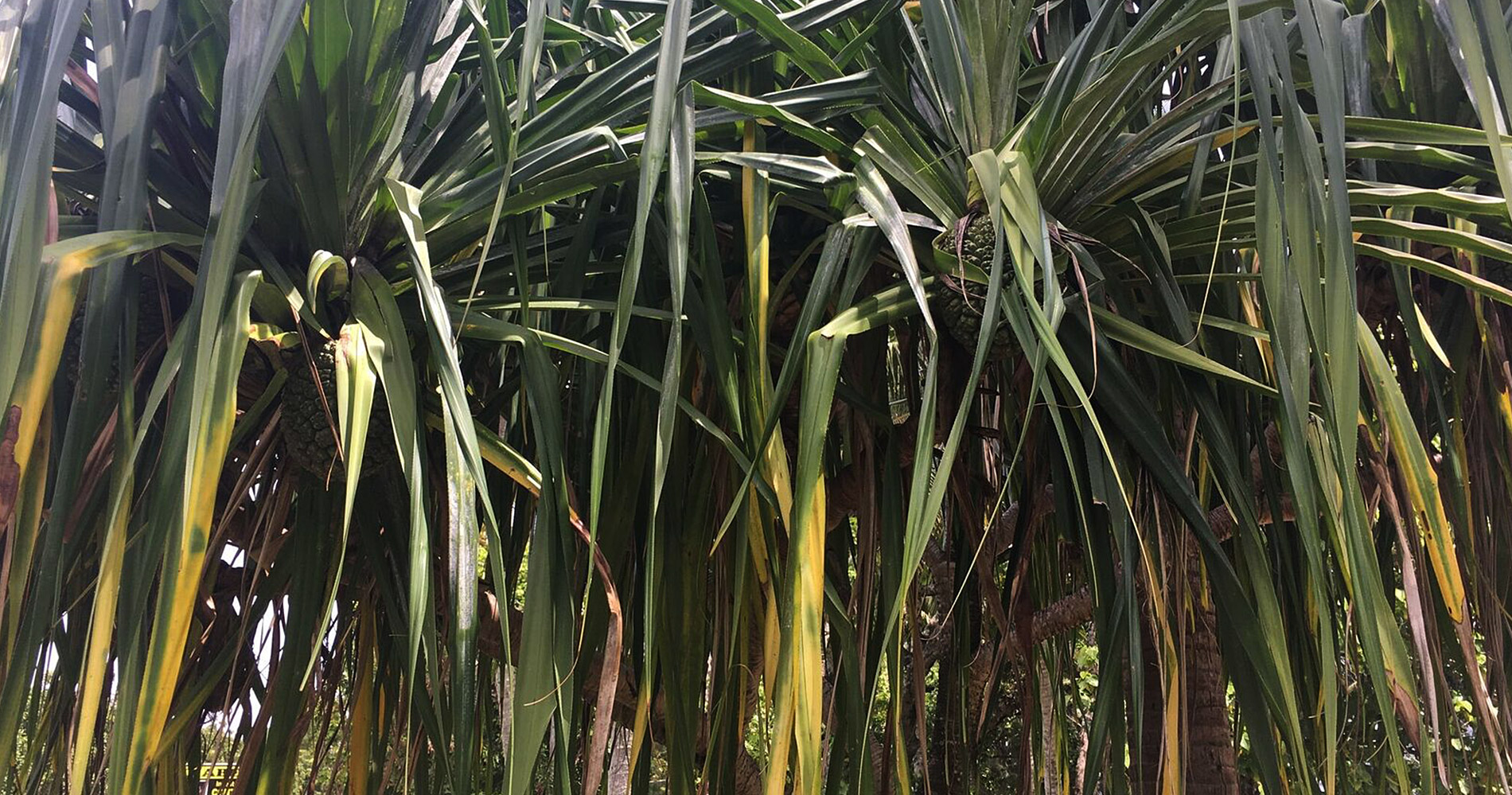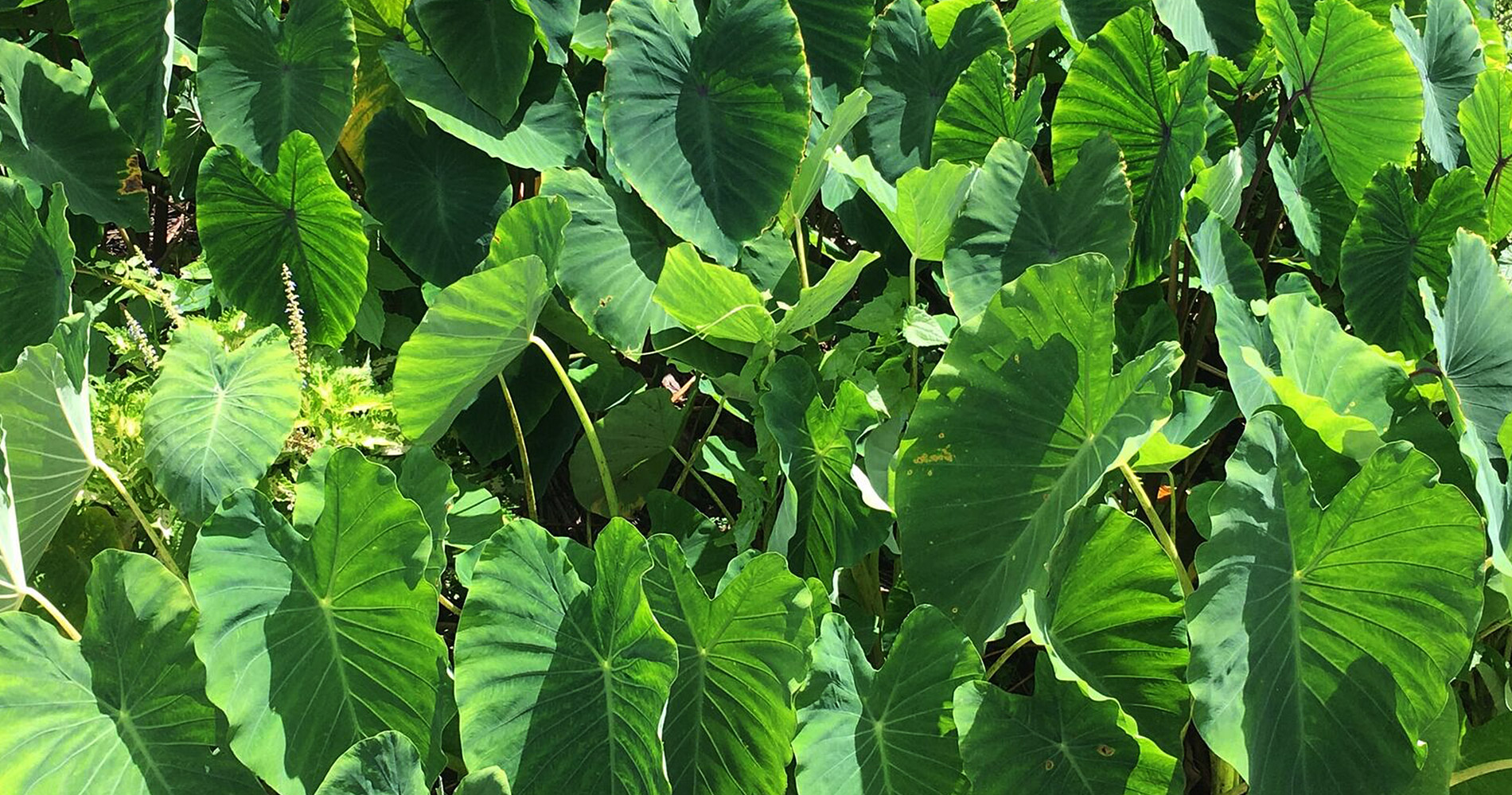Rarotonga(n)
1.
‘Iōra, (i.e. I‘o + -ra), just then, right then, thereupon. And then he sat down. (cf. I‘o4.) [Pn. *hifo.].
2.
(-a, -‘ia). View through telescope and other optical instruments, x-ray somebody. 'E pa'ī tāku e i'o nei. I've got my telescope trained on a ship. Kāre 'e mea i kitea i tōku i'o'anga mua. I didn’t see a thing when I first looked through the telescope; Tē i‘ō ra te rangatira pa‘ī i te rā. The skipper is taking a reading on the sun; ‘Aere ki te taote kia i‘o iā koe. Go to the doctor and get an X-ray done; Kāvea mai tēnā tangata maki kia i‘o‘ia. Bring that patient along to be X-rayed; Kua i‘o‘ia tōna umauma. Her chest was X-rayed. (See tāi‘o.).
3.
(n.)
(a) glass (general term). Mei te i‘o te areare, clear (transparent) as glass; I‘o areare, clear glass (as opposed to i‘o pōpōiri, clouded or frosted glass); Kua nga‘anga‘ā te kapu i‘o. The glass bowl is broken; (b) lens, and various instruments containing a lens, or glass, e.g. Telescope, magnifying glass, sextant (i‘o rā), X-ray machine (i‘o maki), looking box (for viewing sea-floor) (i‘o tūrama), mirror (i‘o ‘akaata). I‘m looking through the telescope now, there’s a sorrel-coloured horse in the lead; Kāre e taka meitaki tēnā manumanu mē ‘ākara mata ‘ua koe, ‘ei i‘o roa. You won’t be able to make out that insect properly with your bare eyes, you need a magnifying glass; Ko te i‘o rā tēnā a te rangatira. That’s the captain’s sextant; Kua ‘aka-‘anga‘anga ‘aia i te i‘o maki. He operated the x-ray machine.
4.
Bend down, get down, descent. E i'o ki raro. Bend down, or get down. Kāre au e tae i te i'o atu nā konei, 'e mataku au. I daren’t get down through here, I‘m frightened; Kua i‘o ‘aia ki raro ē kua ‘akatū mai i te tamaiti. He bent over and stood the child on his feet; Kua patere ‘aia i tōna i‘o‘anga ki raro. He slipped getting down; Auraka ei toto ara kore kia i‘o mai ki runga ia matou nei. Lay not upon us innocent blood (Jon. 1.14) (See i‘o5, ‘iōnga, ‘iōra.) [Pn. *hifo.].
5.
Pith, core. (See u‘o.).
6.
Strand (of hair). 'Auraka 'ua atu tēta'i i'o i tōna rauru kia pākoti'ia. Not a single hair on his head shall be cut; Kare rava tetai io rauru o to tamaiti e topa ki raro i te one. There shall not one hair of thy son fall to the earth (2 Sam. 14.11) I‘o Atua, name given to a heathen priest (= taura atua). [Pn. *io2.].
7.
I‘o Atua, name given to a heathen priest (= taura atua). [Pn. *io2.].
8.
(See i‘o5, ‘iōnga, ‘iōra.) [Pn. *hifo.].
9.
Following on directly (in time or space). E no'o i'o kōrua, ka 'aere au. You stay right on here, I'll go; E kimi i'o koe iāia. You carry right on looking for him; I muri i‘o iāku. Just behind me, right after me; E kave i‘o koe i te kete. Take the basket along with you (when you leave in a minute or two). I‘o nei, just now, right now. I was just thinking of you; Kare oki au e tae akaou i te au mea ora katoa, mei taku i rave io nei. Nor will I ever again smite every living thing, as I have even now done (Gen. 8.12) ‘Iōra, (i.e. I‘o + -ra), just then, right then, thereupon. And then he sat down. (cf. I‘o4.) [Pn. *hifo.].


